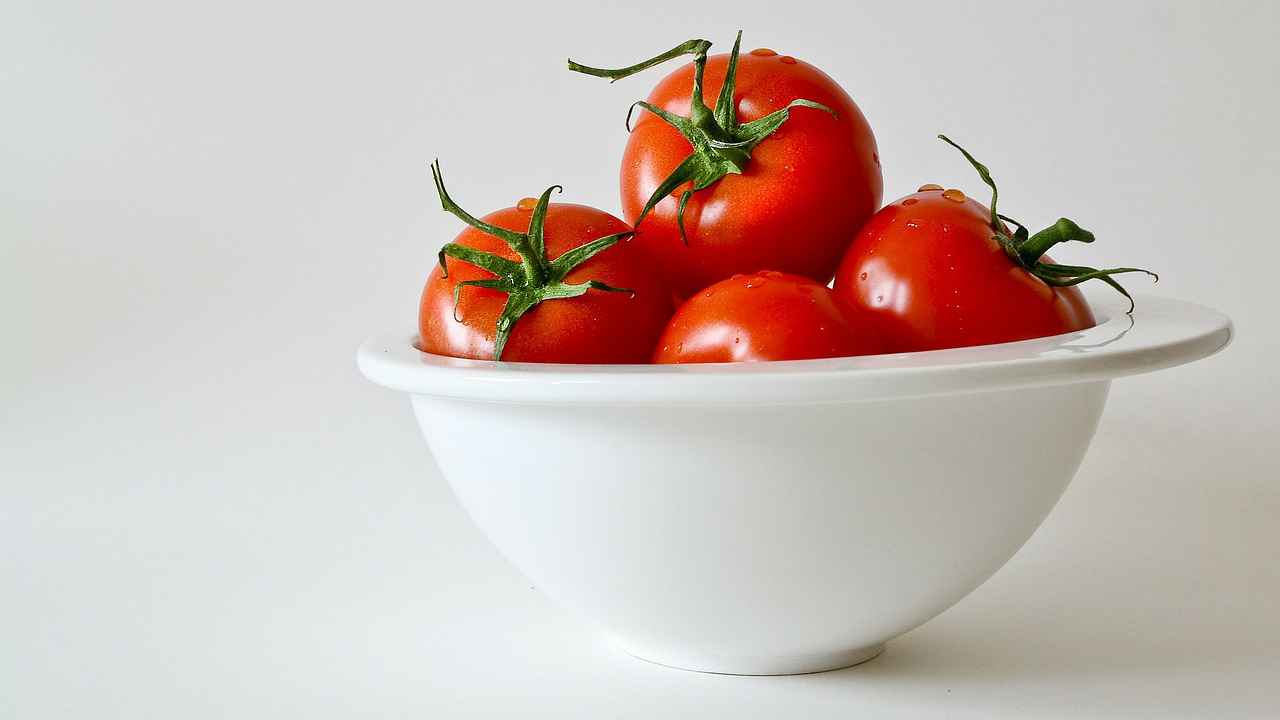Surprising Health Reasons for Avoiding Vegetables
Do you get annoyed when your friends or family members avoid vegetables? Although vegetables are generally part of a healthy diet, there are serious health reasons why some people should avoid them.
Consider these reasons:
1. Underactive thyroid. If you have an under-active thyroid, then you should avoid certain vegetables because they can make the condition worse.
* Vegetables such as broccoli, kale, turnips, and cabbage can absorb iodine in the body and affect the thyroid.
* People with underactive thyroids should also be careful about their fiber intake. Eating vegetables with high levels of fiber can also lead to interference with thyroid medications.
2. Gout. Vegetables with high levels of purine can make gout worse. As your body tries to break down purine, it makes uric acid, and this acid is responsible for the painful symptoms of gout. The uric acid makes crystals form around joints, so arthritis develops.
* Asparagus, cauliflower, and spinach have high levels of purine, so you should avoid these vegetables if you have gout.
3. Kidney stones. If you suffer from kidney stones, then you should avoid vegetables with high levels of oxalates, like beets, rhubarb, spinach, collards, leeks, and celery.
* Oxalates are organic acids and naturally occur in a variety of foods. Oxalate combines with calcium in the body to form calcium oxalate kidney stones, so it’s important to watch your vegetable intake.
4. Ragweed allergies. Did you know that eating artichokes can make ragweed allergy symptoms worse?
* Studies show that the body reacts the same way to both ragweed and artichokes, and you may have a serious reaction to the vegetable.

sufferers of grass allergies might do better avoiding tomatoes
5. Latex allergies. Similar to ragweed and artichokes, latex allergies can be affected by certain vegetables, too.
* If you suffer from a latex allergy, then you want to avoid celery, carrots, potatoes, and tomatoes. By consuming these vegetables, you risk having an allergic reaction that is similar to your reaction to latex.
6. Grass allergies. If you suffer from grass allergies, then you should avoid tomatoes, peas, and celery. Your body can react to these vegetables.
7. Aspirin allergies. Radishes have similar compounds to aspirin. For people with allergies to aspirin, this is a serious issue because they can have a reaction to the vegetable.
* Aspirin has salicylates, and several vegetables have high levels of these compounds. Radishes aren’t the only ones you want to avoid. Salicylates are also in cauliflower, broccoli, cucumbers, eggplant, mushrooms, spinach, and zucchini. The amount of salicylate can vary from vegetable to vegetable.
8. Blood thinners. If you take blood thinner medication, you can be affected by vitamin K because this nutrient helps clot the blood. If you eat vegetables high in vitamin K, they can interfere with the medications by making them less effective.
* You should avoid kale, spinach, collards, turnip greens, and mustard greens.
For some people with certain allergies or on medication certain vegetables may do more harm than good
Although vegetables are generally considered to be safe and healthy, there are health conditions that make it difficult to eat them. It’s important to identify these health issues and avoid the foods that are likely to make them worse.




